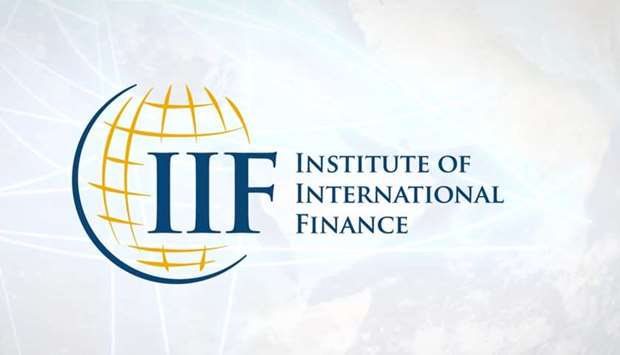Highlighting that several empirical studies, including the one recently by the International Monetary Fund that shows the exchange rate has little or no effect on the current balance but that fiscal policy has sizeable impact in highly undiversified oil exporters; it said import and export volume elasticity with respect to real exchange changes are very low, given the limited domestic manufacturing and non-oil tradable goods sectors in the GCC (Gulf Cooperation Council).
There would be some benefit in the form of boosting oil revenue in local currency, but the adjustment would also raise local currency costs of imported materials, the IIF it said, adding "in contrast, the costs of de-pegging are significant in the short term."
A devaluation would lead to a spike in inflation, pressures to raise wages, and potential social unrest that would damage investor confidence and encourage capital flight, the IIF said.
Demand for capital goods and raw materials are mainly influenced by the fiscal stance rather than by the REER (real effective exchange rate), it said.
The fiscal gains from higher oil exports in local currency would be at least partially offset by a higher import bill unless public spending on infrastructure were reduced significantly, since much of public spending is on imported products, it added.
Despite the significant appreciation of the REER in the GCC and the large fiscal deficits, the authorities remain firmly committed to their dollar pegs, believing that the pegs safeguard economic stability.
The IIF observed that the GCC currencies’ peg to the dollar has remained in place during much more difficult environments, particularly in the 1990s when foreign assets were well below their current levels in terms of import cover or as a percent of GDP and government debt-to-GDP ratios much higher.
The GCC authorities’ continued commitment to defending their pegs reflects limited benefits from flexible exchange rates, it said, adding the special structure of the GCC countries make the exchange rate an "ineffective" instrument for adjusting the current account balance.
Stressing that the impact on the GCC current account balances would be limited; it said non-oil exports for these countries are less than 20% of the total and mostly in the form of petrochemicals. "The current tightening fiscal stance in the GCC countries is helping contain the current account deficits by lowering imports," it said.
Following depreciation, there may be some income compression, but their undiversified economies limit the scope for import substitution. For oil exporters, particularly the GCC, the government plays key role in an economy that is on average more import and migrant dependent than in other countries, which suggests that government expenditure decisions could have a larger bearing on the current account than in other economies.

The longstanding fixed exchange parity of the Gulf currencies with the dollar is not under threat as the costs of de-pegging are "significant" in the short-term, according to the Institute of International Finance (IIF), an American economic think-tank.

